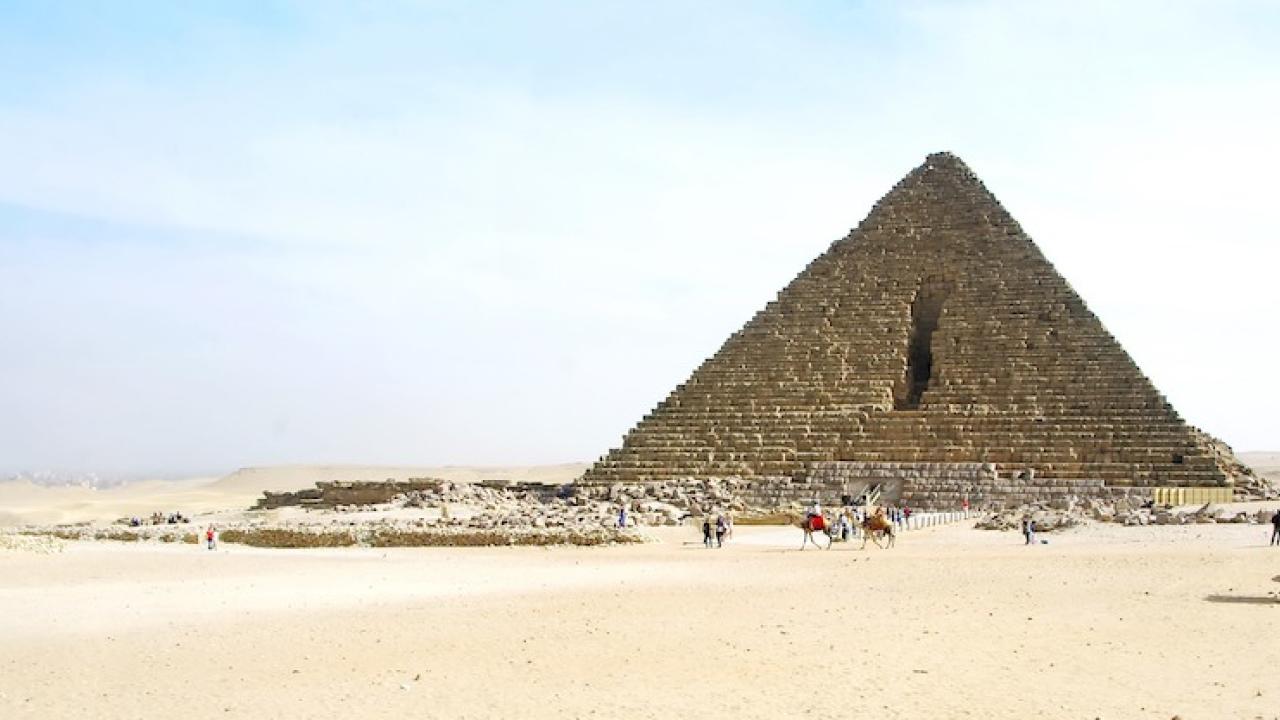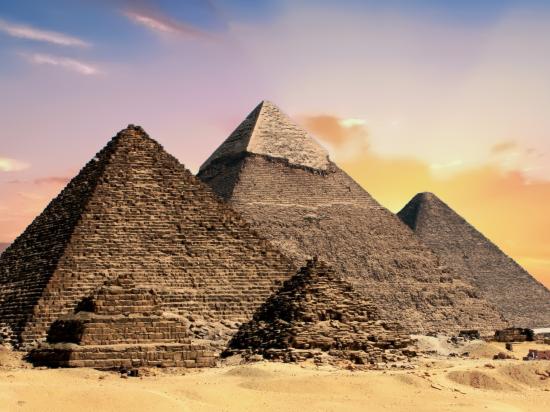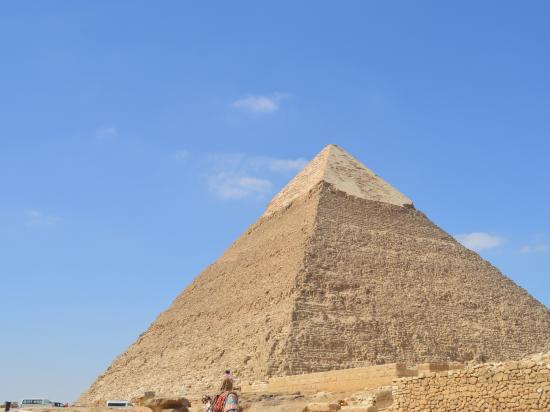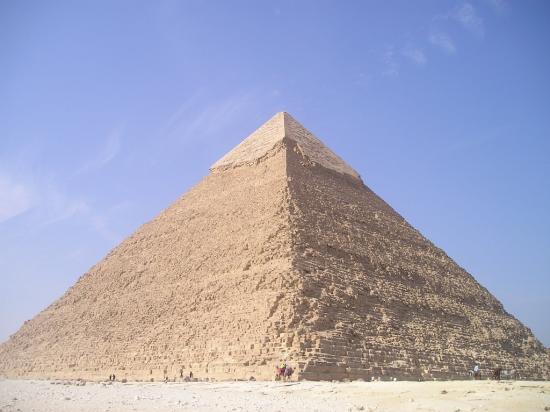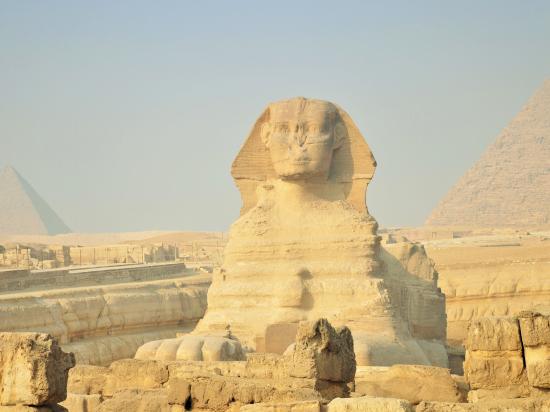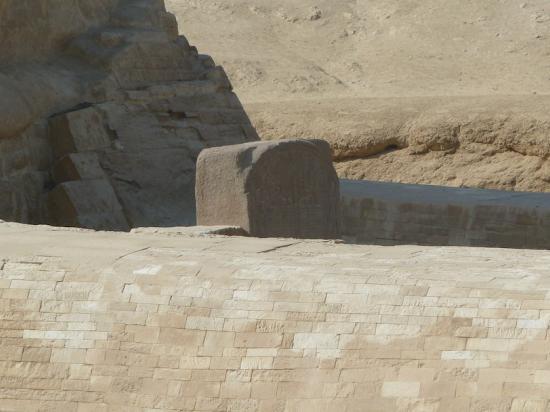The Pyramid of Menkaure
The Pyramid of Menkaure, also known as the Pyramid of Mykerinos, is the smallest of the three main pyramids located on the Giza plateau in Egypt. It was built for the Pharaoh Menkaure, who ruled during the Fourth Dynasty of the Old Kingdom of Egypt, around 2510 BC.
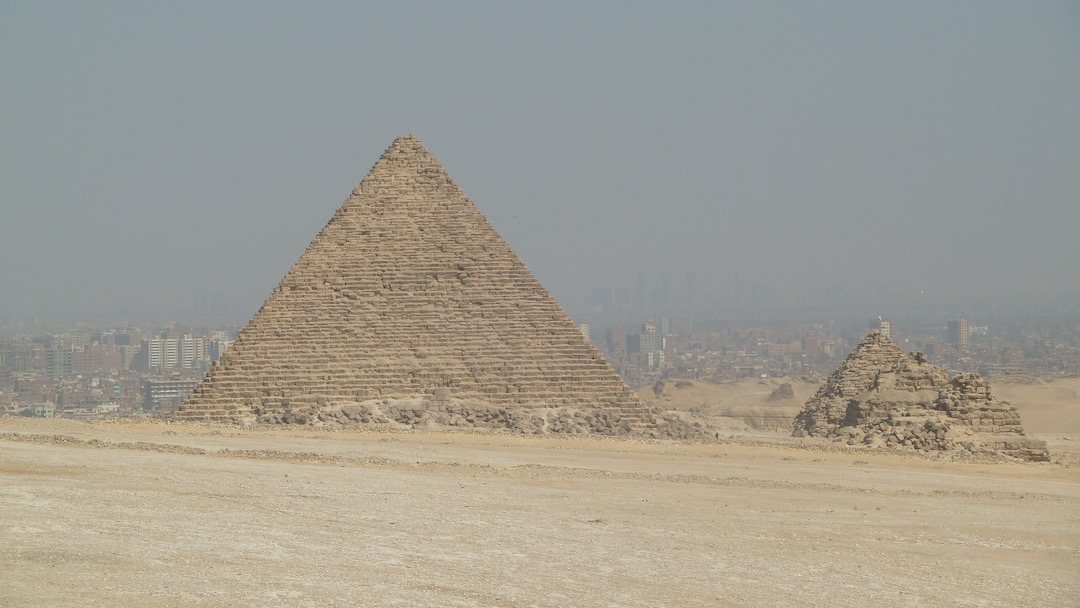
The pyramid stands at a height of approximately 65 meters (213 feet), and its base measures around 102 meters (335 feet) on each side. It was constructed using limestone blocks, which were quarried from the nearby Giza plateau.
Like the other pyramids at Giza, the Pyramid of Menkaure contains several internal chambers and passageways. The pyramid has three known chambers: a lower chamber, a burial chamber, and an upper chamber. The burial chamber is located at the base of the pyramid and contains a large sarcophagus, although it is believed that Menkaure was never actually buried there.
In addition to the pyramid itself, there are several other structures located on the Giza plateau that were built during Menkaure's reign. These include a mortuary temple, a causeway that connected the temple to the pyramid, and a valley temple located near the Nile River.
Despite its smaller size, it is widely regarded as one of the most well-preserved and beautiful pyramids in Egypt.
